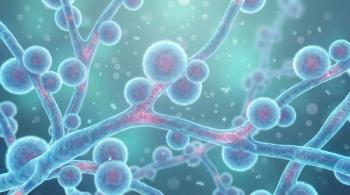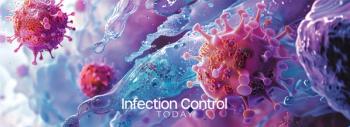
Experts Outline Strategy for Controlling, Ending HIV Pandemic
According to a new editorial in JAMA, the world can control and ultimately end the HIV/AIDS pandemic through a three-pronged strategy.
According to a new editorial in JAMA, the world can control and ultimately end the HIV/AIDS pandemic through a three-pronged strategy.
Anthony S. Fauci, MD, director of the NIAID, and Gregory K. Folkers, MS, MPH, health scientist and chief of staff at the NIAID, explain that the three strategies are to significantly expands HIV testing and the availability of antiretroviral therapy; cure a sizeable proportion of HIV-infected individuals, so they no longer need lifelong antiretroviral therapy; and to prevent new HIV infections through greater availability of previously proven strategies as well as a new generation of HIV prevention tools.
Fauci and Folkers also explain why these three elements are necessary for ending the pandemic, and how each elementthough challengingcould be tackled through a concerted global effort.
Reference: Folkers GK and Fauci AS. Controlling and ultimately ending the HIV/AIDS pandemic. JAMA 304(3):350 (2010).
Newsletter
Stay prepared and protected with Infection Control Today's newsletter, delivering essential updates, best practices, and expert insights for infection preventionists.




